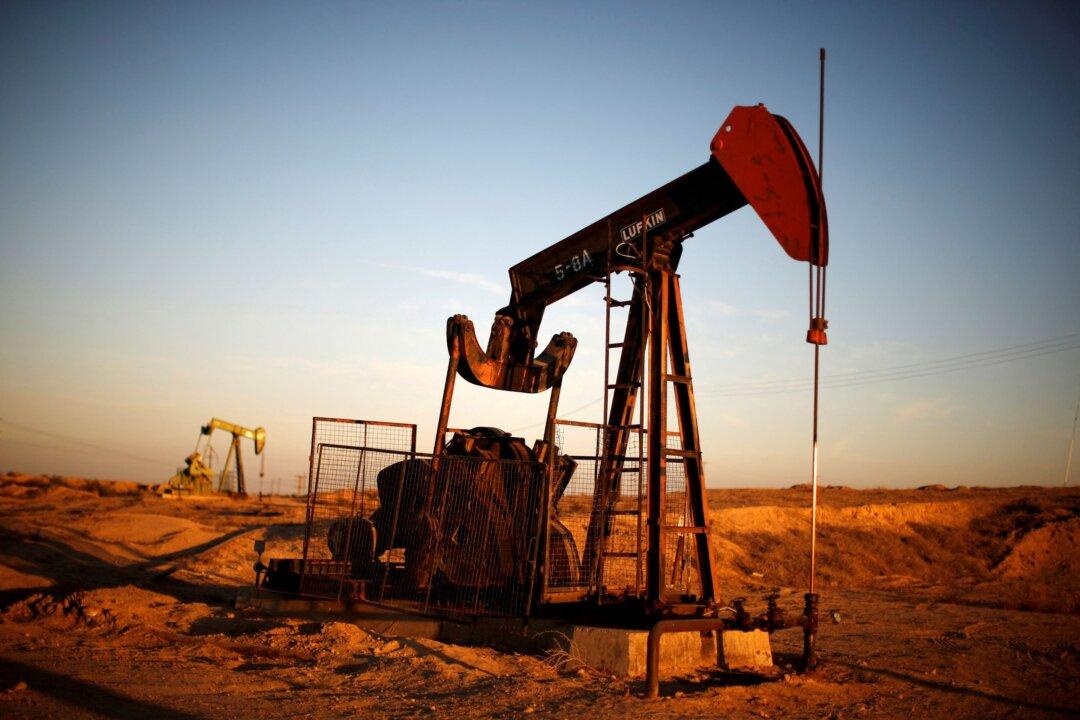The Biden administration has said that it will resume plans for oil and gas drilling on federal lands and waters after an appeals court ruled to allow the use of an approximately fivefold higher “social cost of carbon” value in evaluating permits, according to reports.

Pumpjacks are seen at sunrise near Bakersfield, Calif., on Oct. 14, 2014. Lucy Nicholson/Reuters

Tom Ozimek
Reporter
|Updated:



